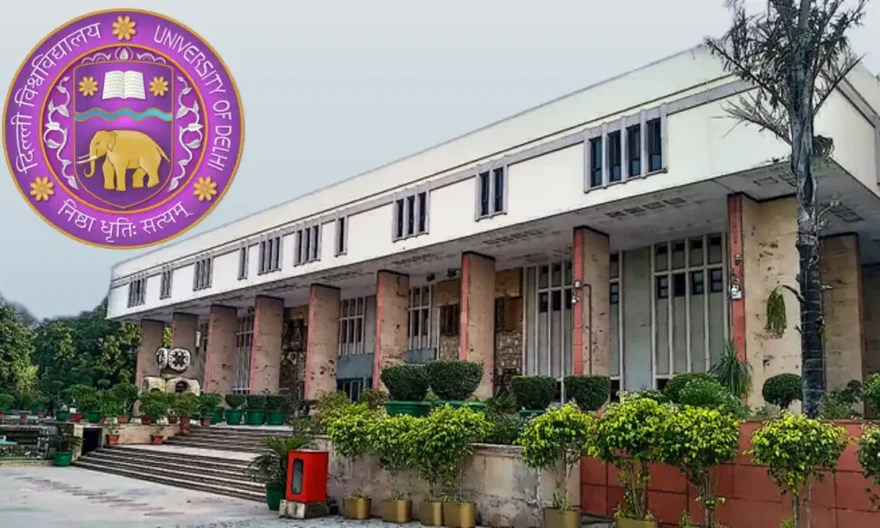
The Delhi High Court on Thursday questioned the Delhi University’s decision to exclusively admit students to the five-year integrated law course based solely on the basis of the Common Law Admission Test (CLAT-UG) for the year 2023.
A bench comprising Chief Justice Satish Chandra Sharma and Justice Sanjeev Narula observed that when other central universities were taking admissions for the course on the basis of the Common University Entrance Test (CUET) UG 2023 introduced by the Ministry of Education (MoE), Delhi University was “not special”.
“Under the National Education Policy, once the decision is taken by the Government of India, Ministry of Education that admissions are to be done in central universities only on the basis of CUET, then you are not special. Very sorry,” the bench stated.
The bench’s remarks came during the hearing of a petition challenging DU’s decision to exclusively admit students based on CLAT-UG 2023 results for the five-year integrated law course. The court granted DU’s counsel time to gather additional information and file a counter affidavit before the next hearing scheduled for August 25. It was clarified that if the counter affidavit is not submitted by that date, the court would proceed to discuss interim relief in the matter.
The court also allowed the counsel representing the Central Government time to respond to the plea and seek instructions on the matter.
DU’s counsel mentioned that the university had recently introduced the five-year integrated law course and expressed concerns that a stay on the August 4 notification could result in a wasted academic year. The counsel assured that no admissions based on CLAT-UG had been conducted yet, and the university would refrain from issuing any advertisements for the law course until the next hearing.
The petitioner, Prince Singh, a law student at Delhi University’s Campus Law Centre, contended that DU’s notification imposed an unreasonable and arbitrary condition, insisting that admissions to the five-year integrated law course would be solely determined by CLAT-UG 2023 results. This, according to the petitioner, violates the right to equality under Article 14 and the right to education under Article 21 of the Constitution. The petitioner argued that this condition lacks a reasonable distinction and does not align with the purpose of admission to the Faculty of Law’s five-year integrated law course.
The case raises questions about the university’s admission policies and underscores the ongoing debate between the CLAT and CUET for admissions to legal education programs. The court’s impending decision on the matter could potentially influence admission practices in law schools across the region.




